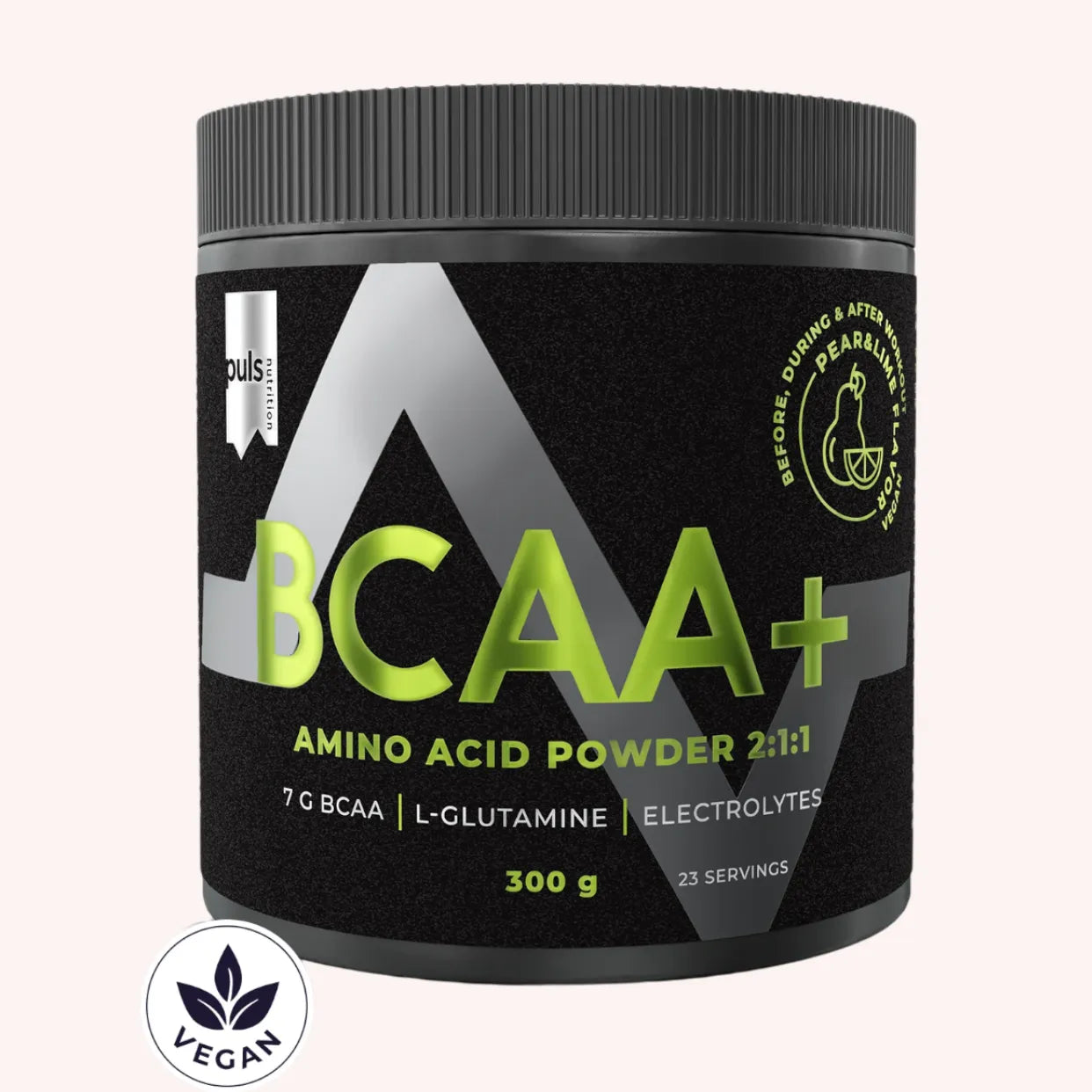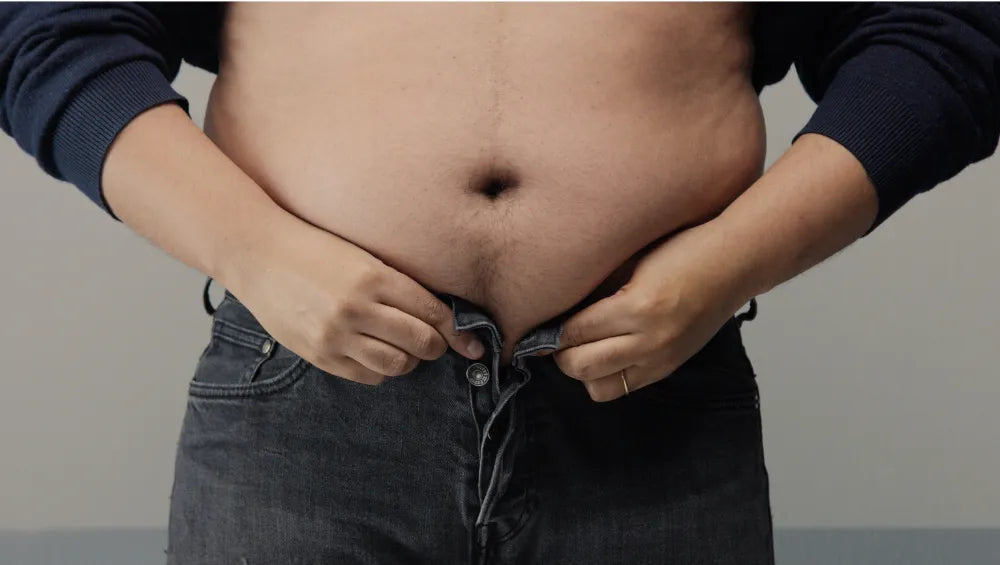Ramadan is an important time for Muslims around the world. However, working out and building muscle during this time can be difficult due to dietary restrictions and decreased energy levels caused by fasting. Don’t panic! Here are some tips for building muscle during Ramadan that will help you achieve your goals without compromising your faith.
Adapt your training
During Ramadan, it is essential to adapt your training so as not to overtax the body, which is already weakened by fasting. Since the body has fewer energy resources during this period, it makes sense to reduce the frequency and intensity of exercises. Opt for a suitable program that allows you to maintain or even increase your muscle mass while respecting the constraints imposed by Ramadan.

Reduce training frequency
During Ramadan, switch to a workout schedule of three sessions per week instead of four or five, particularly focusing on multi-joint exercises such as squats, push-ups, pull-ups or deadlifts. These movements use multiple muscles and are more effective for building muscle mass quickly using little energy available.
Focusing on strength training exercises with moderate weights and an appropriate number of repetitions helps minimize stress on muscles and joints.
It is best to avoid intense cardio workouts which can cause rapid dehydration and lead to a drop in energy throughout the day.
Reduce the intensity of the exercises
The goal during Ramadan is not to lift the heaviest weights possible, but to maintain muscle mass . So reduce the weights slightly to avoid any risk of injury and make sure you master the movements. In addition, taking your time during each repetition allows you to better feel the contraction and stretching of the muscles for optimal results.
Adjust schedules
Consider adjusting the timing of exercise sessions based on your availability and energy. Ideally, schedule workouts just before sunset or shortly after breaking the fast.
Pay attention to your diet
Fasting imposes certain constraints on your diet, which makes it essential to focus on nutrition adapted to gaining mass in order not to become too lean. During Ramadan, meals are limited between: Iftar (breaking the fast) and Suhoor (beginning the fast). Here are some tips for choosing your foods wisely:
Iftar: Meal rich in protein and carbohydrates
When breaking the fast, opt for a meal consisting of sources of complex carbohydrates such as wholemeal bread, wholemeal pasta, basmati rice or legumes to restore energy to the body.
This meal is crucial after a long day of fasting, as it will boost insulin levels and help rebuild muscles used during training.
At iftar, it is important to focus on foods rich in quality protein, complex carbohydrates, and healthy fats. Here are some suggestions:
- Protein: Lean meats, poultry, fish, dairy, eggs, legumes, and tofu to promote muscle rebuilding.
- Carbohydrates: Brown rice, whole grain pasta, whole grain bread, quinoa, sweet potatoes and green vegetables.
- Fats: Olive oil, avocados, nuts and seeds, fatty fish (like salmon).
It is also important not to neglect vegetables and fruits for their contribution of fiber, vitamins and minerals. In addition, hydrating well when breaking the fast is essential for good recovery and optimal functioning of the body.
Suhoor: Favor foods with a low glycemic index
The suhur, the last meal before the fast begins, should provide enough energy throughout the day. When eating before dawn, opt for foods with a low glycemic index so that their energy is released gradually throughout the day. Examples of foods to eat include:
- Whole grains (oatmeal, muesli).
- Legumes (lentils, chickpeas).
- Fresh fruits and oilseeds such as almonds, walnuts and hazelnuts.
Don't hesitate to hydrate yourself sufficiently by drinking water, juices or even energy drinks without added sugars during your two daily meals.
Food supplements, allies for gaining mass
Dietary supplements can be a valuable support to more easily achieve your goal of gaining muscle mass during Ramadan. However, be sure to check that they respect the constraints linked to this religious period.
Protein powders
Whey, casein, or plant proteins are supplements of choice to increase your daily protein intake and thus promote muscle mass gain. You can consume them at the time of iftar and/or suhoor to ensure a constant supply of nutrients necessary for muscle building.
BCAAs (Branched-Chain Amino Acids)
Branched-chain amino acids ( BCAAs ) play an important role in protein synthesis and muscle repair after training. They can help prevent muscle breakdown during Ramadan, especially if your diet is not high enough in protein. Again, be sure to incorporate these supplements in accordance with Ramadan requirements.
Multivitamins
A multivitamin supplement can help fill any nutritional gaps associated with prolonged fasting.
Rest and recovery during Ramadan

Rest days and recovery are essential to avoid overtraining and maintain good muscle gain during Ramadan. Here are some tips:
- Include at least two full days of rest per week to allow the body to fully regenerate.
- Allow yourself moments of rest and relaxation to promote physical and mental recovery.
- Maintain a regular sleep routine and prioritize sleep quality to optimize recovery.
Take care of yourself and listen to your body
During this particular period, it is essential to listen to your body and not push yourself too far. If some days you are exhausted or you feel unusual pain during training, do not hesitate to take it easy or even cancel the session. In addition, allow yourself quality sleep at night when possible to allow your body to recover properly.
Ramadan Mass Gain: In Summary
In conclusion, it is entirely possible to gain muscle mass during Ramadan, provided you adapt your training, monitor your diet carefully and take the right food supplements.
One thing is certain: Achieving your weight gain goals during Ramadan requires a certain seriousness, but with the necessary efforts, you can gain significant satisfaction by showing that sporting and religious discipline go hand in hand.













